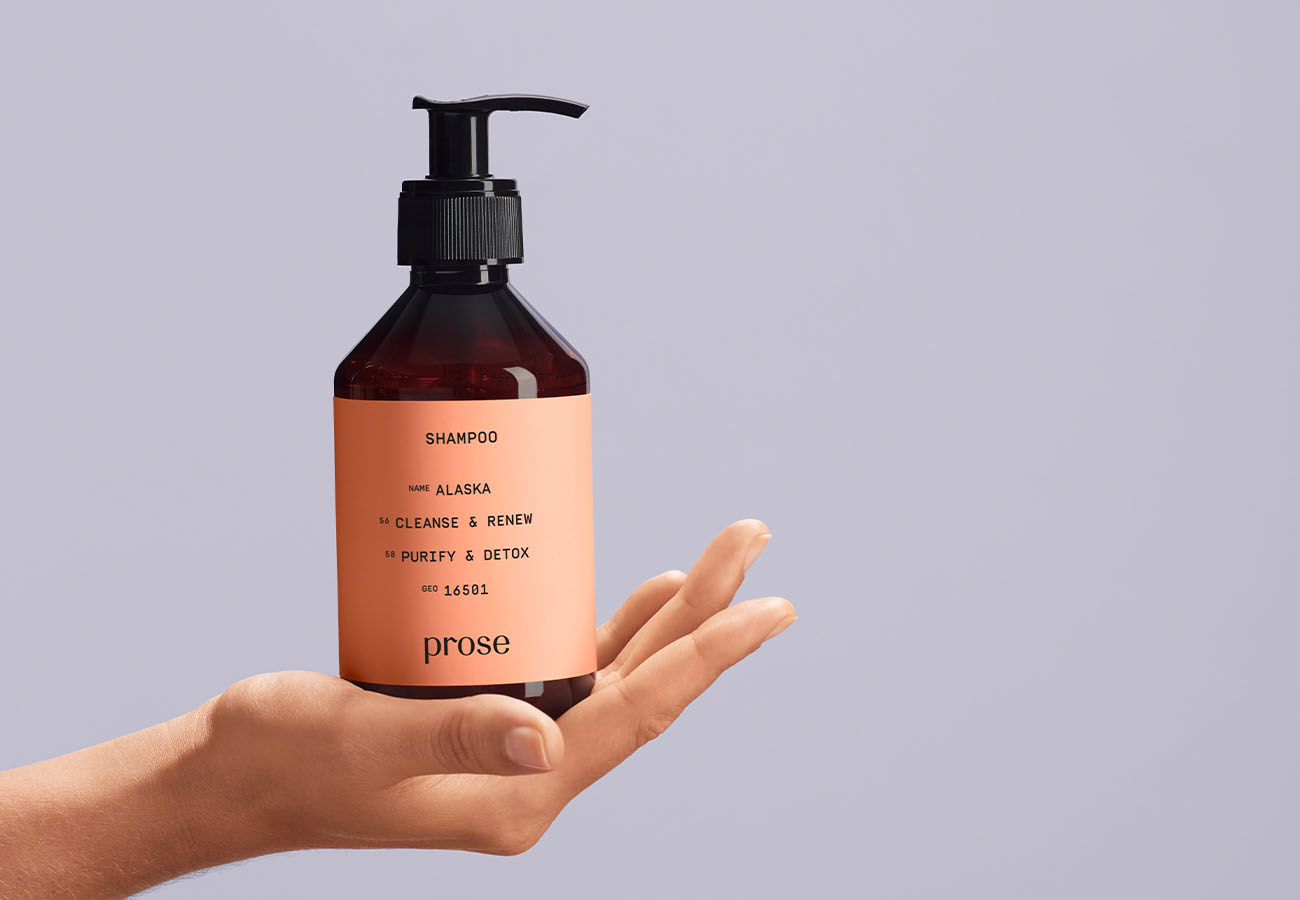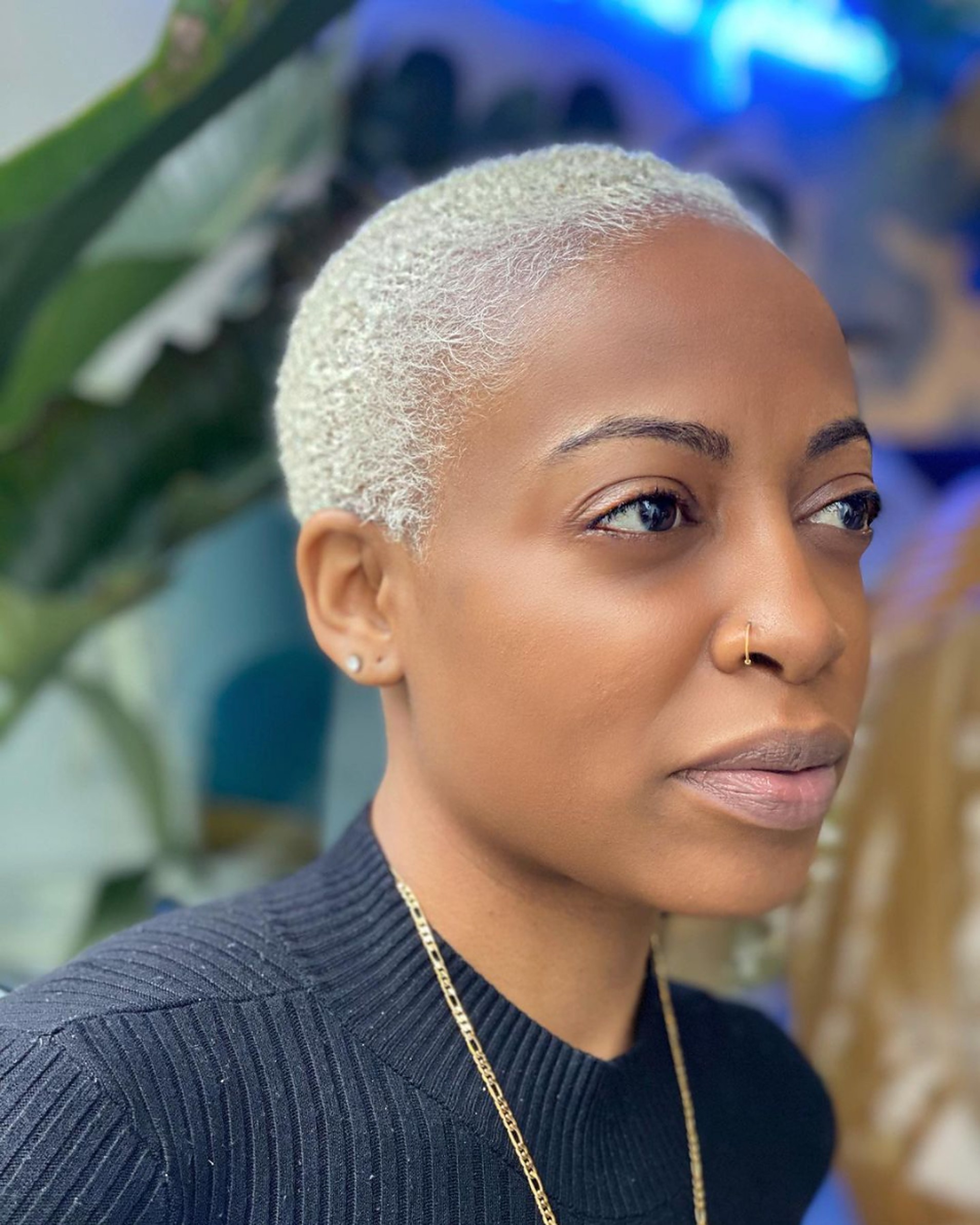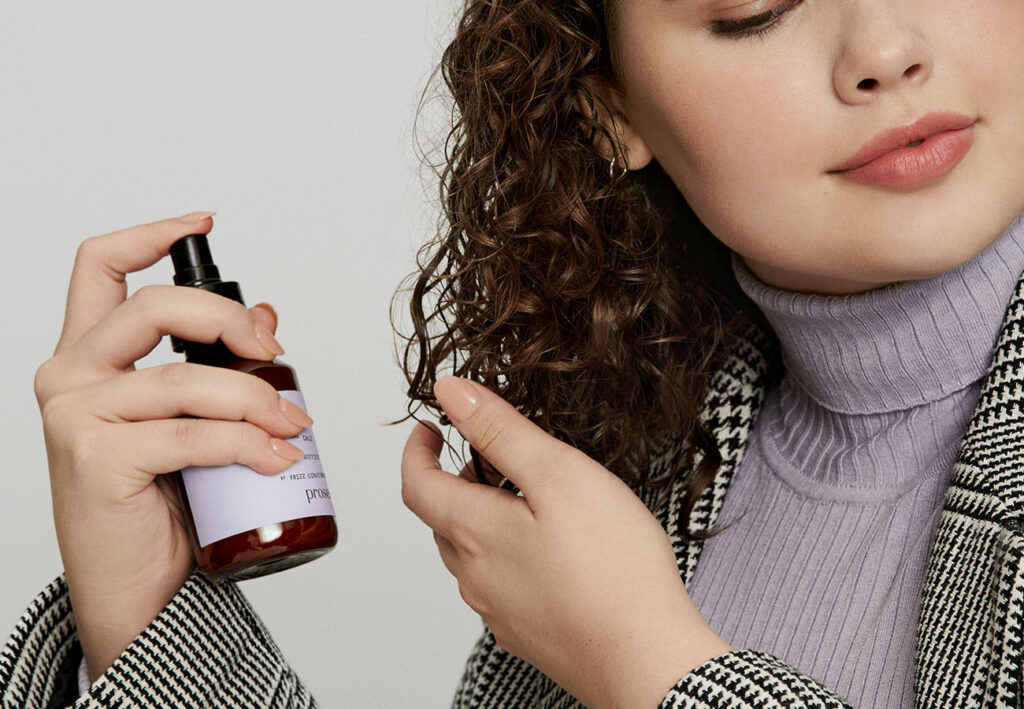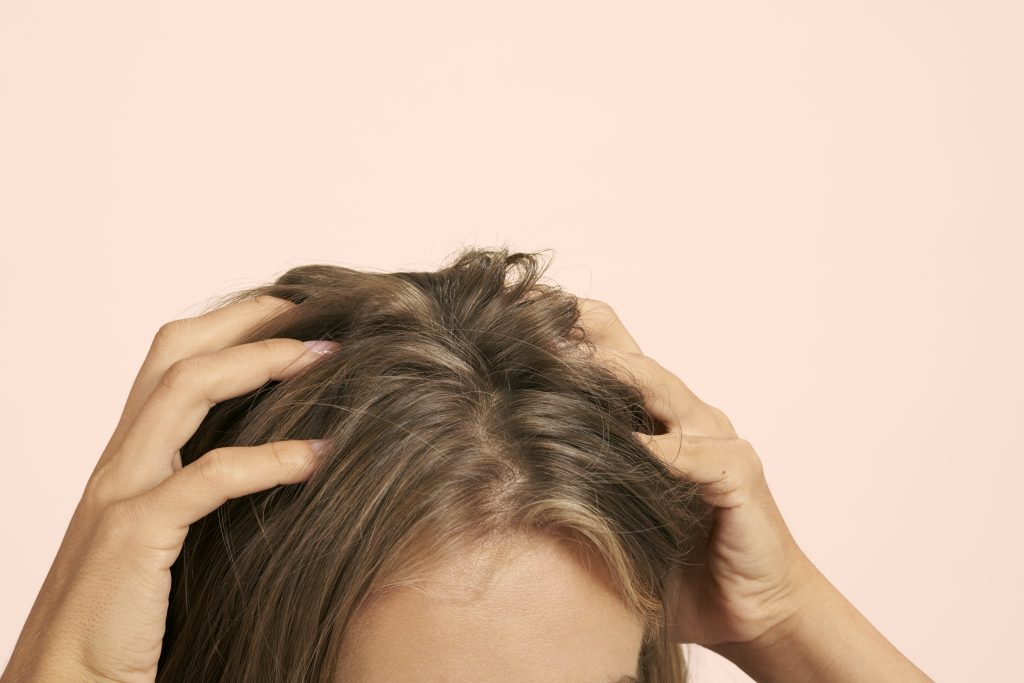All About Surfactants
Surfactants are chemical compounds that cleanse or condition your hair. So, they’re an essential ingredient in virtually all hair-washing products. Without surfactants, your shampoo or conditioner wouldn’t do what it says on the packaging — whether it claims to cleanse your hair or moisturize your strands.
When you mix it with water, a surfactant reduces the surface tension. It allows the product to spread across your hair more efficiently and creates that luxurious, lathering effect you expect from your shampoo routine.
However, there’s more to surfactants than meets the eye. Which surfactant your shampoo manufacturer uses affects performance, the impact on your scalp, and how it leaves your hair looking and feeling.
What Are the Surfactants Used in Hair Products?
Surfactant molecules have two parts: hydrophobic and hydrophilic. The hydrophobic element is made of a chain of hydrocarbons. Shorter chains remove grease from your hair more effectively, while longer chains have a milder effect on the hair and scalp.
Hair product manufacturers must strike a balance between mildness and oil removal abilities to produce a formula that keeps the hair and scalp clean and healthy. According to The Trichological Society, most shampoos contain C12 surfactants, although the shampoo on your shelf may contain lengths between C8 and C18.
Meanwhile, the hydrophilic part of the surfactant determines its properties. There are four main types of surfactants used in cosmetics. Which surfactants your shampoo or conditioner contains depends on what it’s designed to do and whether you choose a synthetic or natural shampoo formula.
Anionic Surfactants
Anionic surfactants provide great lathering and remove oils from the hair effectively, and they often feature in two-in-one shampoos and conditioners. However, many of the most common anionic surfactants, such as sodium lauryl sulphate (SLS), are harsh and can dry your scalp.
Nonionic Surfactants
Nonionic surfactants remove oil extremely well, making them too drying for most hair types. These surfactants can strip oils from the hair shaft and remove moisture from the scalp, potentially causing irritation. However, some manufacturers use milder nonionic surfactants in shampoos and conditioners designed for very oily hair.
Cationic Surfactants
Many conditioners contain cationic surfactants because they cling to the hair shaft and are resistant to rinsing with water. They’re effective for softening hair and typically feature in hair conditioners. Manufacturers often use a cationic surfactant called polyquarternium-10, a cellulosed-based polymer that can be adapted to provide specific effects.
Amphoteric Surfactants
If you need a milder formula, shampoos containing amphoteric surfactants may be a good option. Amphoteric surfactants provide a decent lather without drying the hair and scalp. They often appear in the ingredients list of shampoos designed for babies and young children.
What Are Natural Surfactants?
Various microorganisms produce natural biologic surfactants. These substances can be useful in cosmetics such as shampoo because they’re non-toxic. They’re also exceptionally eco-friendly as they come from renewable sources and are biodegradable.
Are Surfactants Good or Bad for Your Hair?
Many anionic and nonionic surfactants can contribute to hair and scalp dryness — especially if you use a formula containing sulfate-based surfactants. However, that doesn’t mean that surfactants are always bad news. All shampoos contain surfactants in some form to remove dirt and grease from your hair.
So, what’s the solution if you want effective cleansing without harsh surfactants? The answer is to choose a formula containing mild surfactants with a shorter hydrocarbon chain.
Sometimes, dermatologists recommend using baby shampoo containing amphoteric surfactants to people with scalp irritation. Alternatively, you could consider choosing a natural shampoo containing milder anionic surfactants and other active ingredients to protect and nourish your hair and scalp.
For example, Prose shampoos and conditioners contain non-sulfated surfactants that are gentler on your hair and scalp while still producing a satisfying lather. They also contain saponins, which are natural compounds found in legumes and the roots of plants such as hawthorns. Saponins attract oil particles to cleanse the hair and offer a skin-friendly pH level.
What Else Is in My Shampoo and Conditioner?
Apart from surfactants, shampoos and conditioners contain extra ingredients to cleanse or moisturize your hair. However, what’s inside the bottle depends on the manufacturer and which product you choose.
All shampoos and conditioners have a high water content, unless you use solid shampoo bars. They also contain preservatives to prolong the product’s shelf life and prevent the active ingredients from becoming ineffective. Synthetic shampoos often last longer because they contain powerful preservatives to prevent microorganism growth, such as parabens.
Natural, paraben-free products tend to have shorter shelf-lives, but there’s a significant upside. Research suggests that regularly using products containing parabens may disrupt hormonal levels, so many people are now turning to non-artificial alternatives.
Most shampoos and conditioners contain moisturizing ingredients to prevent dryness and soften the hair. Manufacturers use various moisturizing agents, including glycerol, dimethicone, and cetyl alcohol.
Fortunately, there are plenty of natural alternatives for moisturizing and strengthening your hair. For example, acacia collagen produces a protective film that seals moisture inside the hair shaft. It also protects the top layer of skin on your scalp to prevent dryness and oil overproduction.
Find a Shampoo Formula That Works for You
If you want to ditch harsh surfactants in favor of a nourishing formula that works for your hair type, Prose can help. Completing the Prose hair consultation provides a customized hair formula containing all the ingredients you need for strong, healthy hair.





